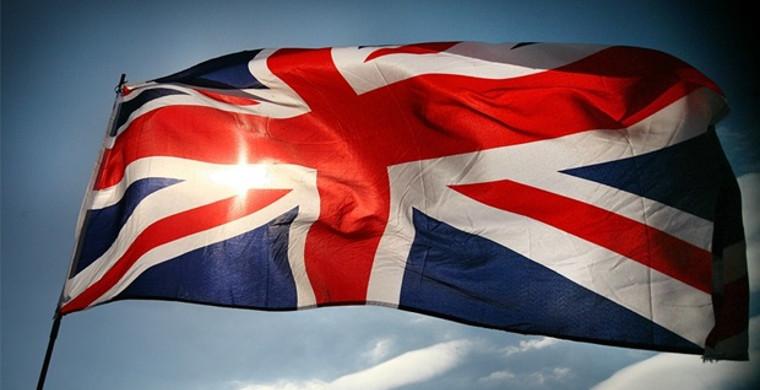Britain Fears a Culture War. But Evangelicals Aren't Going to Fight.
Despite scrutiny of the recent election, Tim Farron, and the DUP, UK believers won't push party politics.
By ANDREA C. HATCHER
www.christianitytoday.com
June 16, 2017
Britain Fears a Culture War. But Evangelicals Aren't Going to Fight.
Little more than a week has passed since yet another election has turned British politics on its head. One of the most prominent themes: the role of evangelicals in politics.
With her loss of 13 seats, Prime Minister and Conservative Party leader Theresa May was sent scrambling to form a coalition government in what is now a hung Parliament. The Democratic Unionist Party (DUP) is in negotiations to be the likely partner.
Founded by pastor Ian Paisley as the political arm of the Protestant factions during The Troubles in Northern Ireland, the DUP gained notoriety for its fiery social conservatism. Even as social policy across Britain liberalized, the DUP held the line to protect abortion restrictions and to ban the expansion of same-sex marriage in Northern Ireland.
These policies drew public attention in the aftermath of this year's general election as some speculated what price May would pay to form a majority and hold her place as prime minister. A current YouGov poll finds 48 percent of Britons disapprove of this would-be coalition.
Amid this frothy speculation, Tim Farron, an avowed evangelical and leader of the Liberal Democrats, resigned. In his speech, he described the tension between his public service and his sincerely held religious beliefs. This contrast was presented in stark relief by a recent radio interview in which Farron refused to answer questions about whether or not he believes homosexuality is a sin. Despite reciting his party's stance on LGBT rights, Farron was repeatedly pushed to publicly confess his own personal religious beliefs.
At the center of both events lies the media's fascination with evangelicals.
Whether a result of religious illiteracy or a desire for salacious copy, there is a fundamental misunderstanding of British evangelicals and their politics. The extremist depiction of evangelicals has become far too easy a crutch for sensible public discourse, and is at odds with the reality in which British evangelicals situate within the cultural mainstream.
Following up on interviews with a variety of political and religious elites (including members of Parliament, activists, journalists, and high-ranking clergy), I conducted a series of focus groups in 10 evangelical congregations across Britain. These represented a variety of denominations and geographic locations, and are striking for what they revealed about the religious and political identities of British evangelicals--in their own words.
To puncture one errant assumption, British evangelicals do not prioritize their social conservatism. It's true they are largely conservative on issues of sexuality, hewing to theological and cultural orthodoxy about marriage and family. However, issues of abortion and same-sex marriage are not salient to British evangelicals because they view these issues as settled law. No group I spoke with demonstrated any enthusiasm for a political movement to change these policies. Indeed, only a single participant (1 out of 81) voiced any hope that the status quo would change--and that she expressed as a simple matter of faith that "all things are possible."
FOR THE REST OF THE STORY CLICK HERE: http://www.christianitytoday.com/ct/2017/june-web-only/britain-fears-culture-war-evangelicals-tim-farron-dup-uk.html














